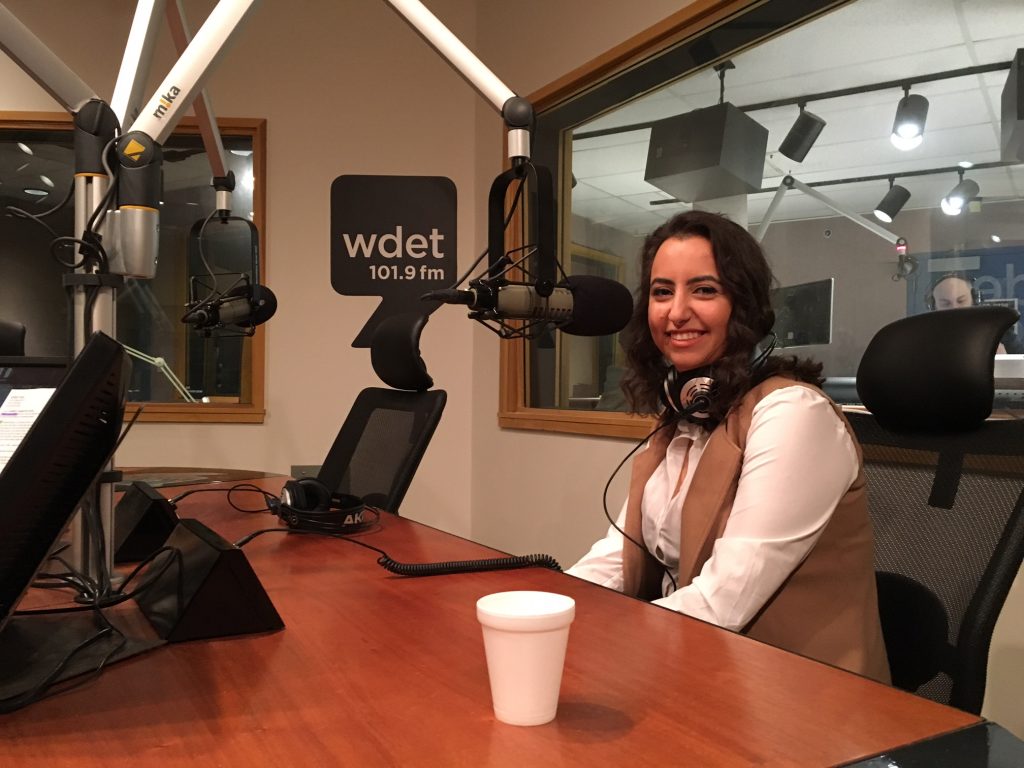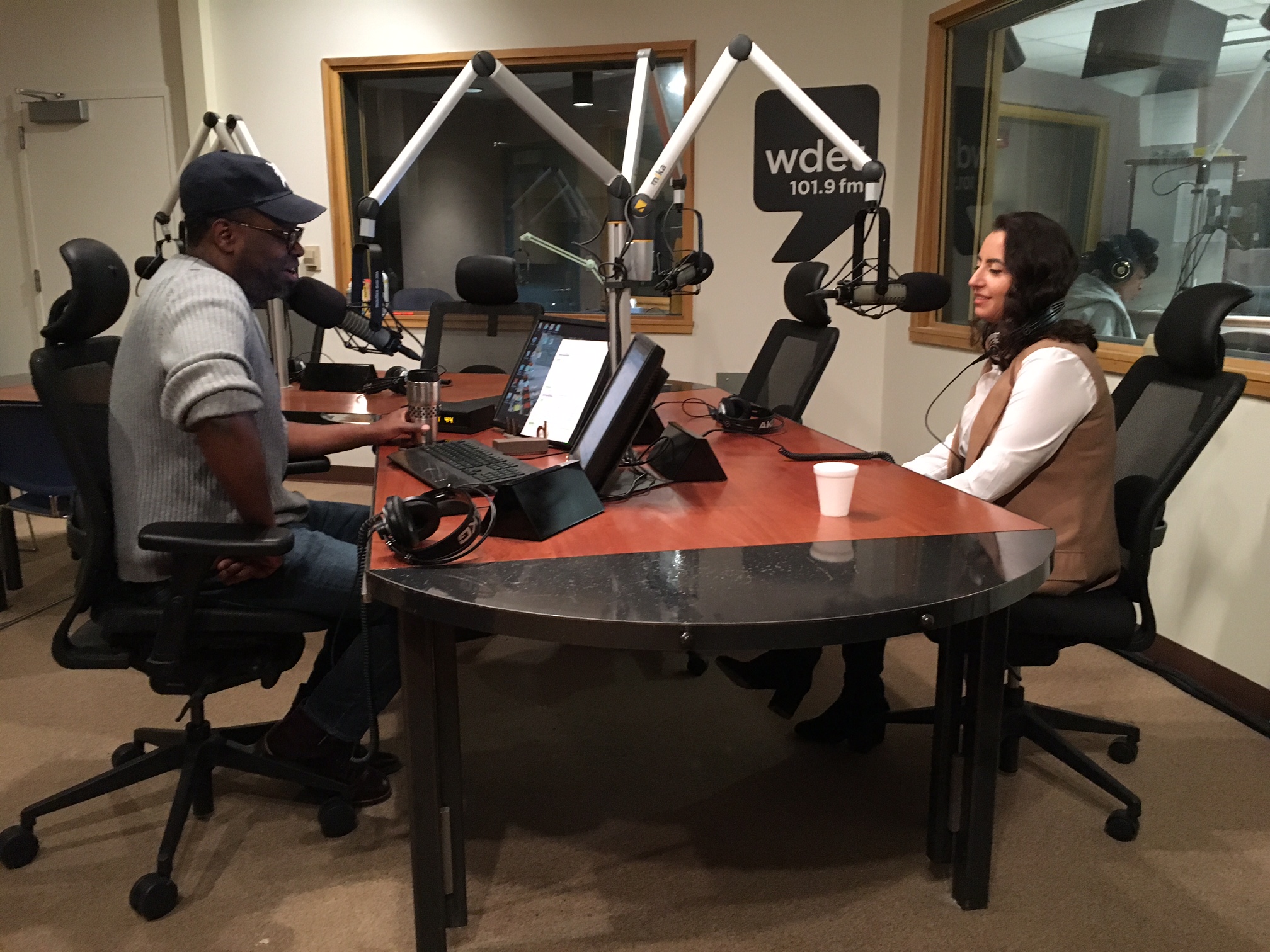Three Generations, Three Countries, and 8,000 Miles to Life and Liberty in America
“Immigrants and refugees have to bear a different kind of burden.”


Southeast Michigan is, and always has been, an area rich with immigrants from all regions of the world. It’s part of what makes our metro region special — an intermingling of cultures, music and food.
Many people who came here arrived as refugees, fleeing desperate circumstances, and making a conscious decision to call a new and foreign land “home.”
Ghida Dagher and her family came to Dearborn when she was nine years old and sought political asylum in the United States in the late 1990s.
Dagher was born and raised in Sierra Leone, which was in the midst of a civil war.
“The civil war in Sierra Leone was extremely gruesome…so it was a very long process to actually get out,” she says. “So we got on a cargo ship, went to a neighboring country…and waited it out there for about three weeks to get our paperwork ready and to make sure we were coming in legally.”
The Dagher family came to Dearborn because of its large Arabic population. Then the family applied for asylum in America.
Look at the map below for the the distance traveled by the Dagher family as they sought a better life. Their travels spanned three continents and three generations.
“After six years into the process, after having been established here…we got a letter rejecting us for asylum,” says Dagher, “which was absolutely heartbreaking. This is life as we know it, at this point.”
The U.S. government argued Sierra Leone was safe enough for the Daghers to return. But the Daghers knew that wasn’t the case and wanted to continue establishing a life in Dearborn rather than uproot their family once again. Though Ghida is from Sierra Leone, her parents and grandparents were from Lebanon, which they fled amid political turmoil before Ghida was born.
Dagher says there was a period of time after settling in Dearborn when she and her family members had packed bags at the ready, in case the needed to flee yet again and seek refuge in a more welcoming country.
After the Daghers were rejected for asylum, Ghida’s father’s employer sponsored Dagher’s family for permanent residency, a lucky break that many immigrants don’t catch in this country.
“Immigrants and refugees have to bear a different kind of burden and I think a lot of people miss that. But I like to think that that burden kinda helps us craft our purpose,” says Ghida.
“As a refugee and as an immigrant, there’s a sense of responsibility…to carry forward this message of inclusiveness, this message of hopefulness, this message of unity. Ultimately all of the things that are American in my eyes.”
To hear more of Ghida Dagher’s story on Detroit Today, click on the audio player above.
